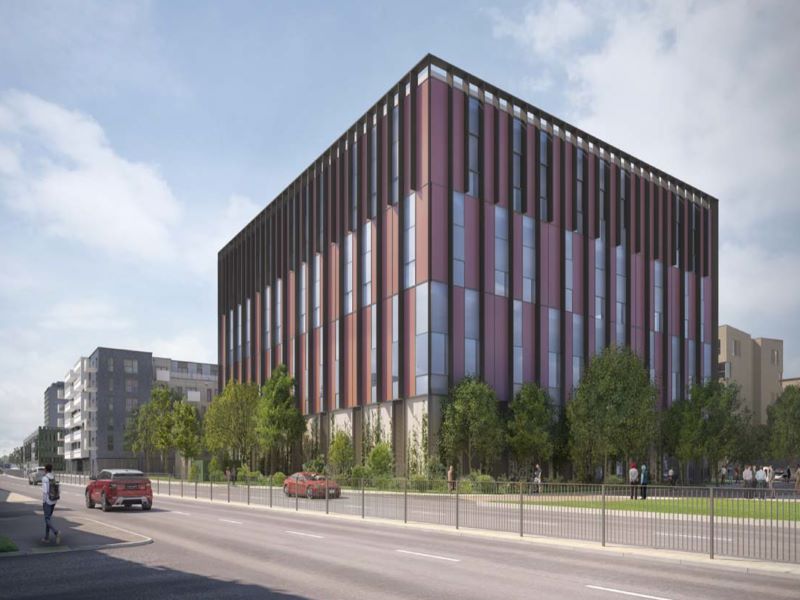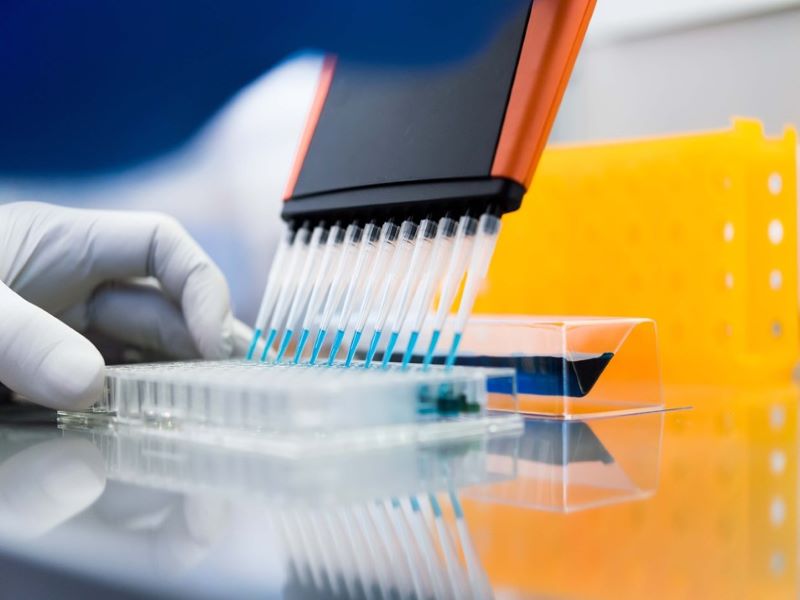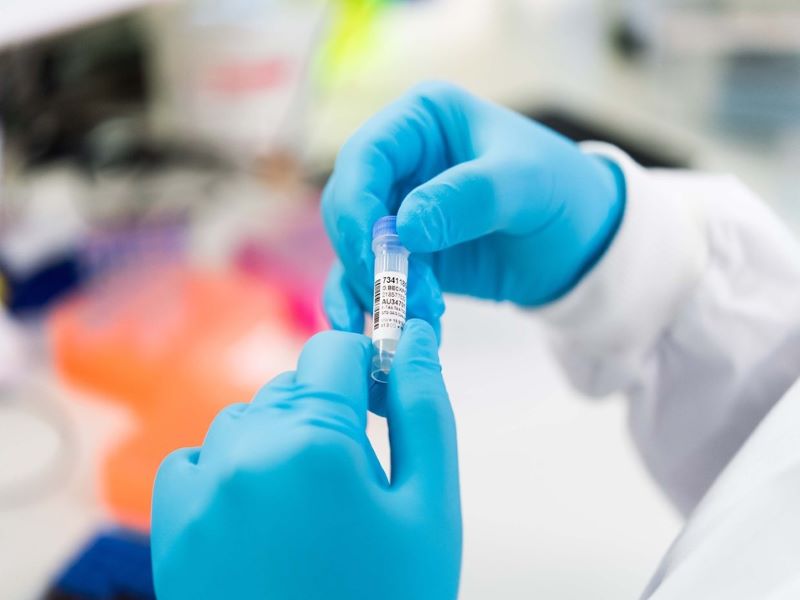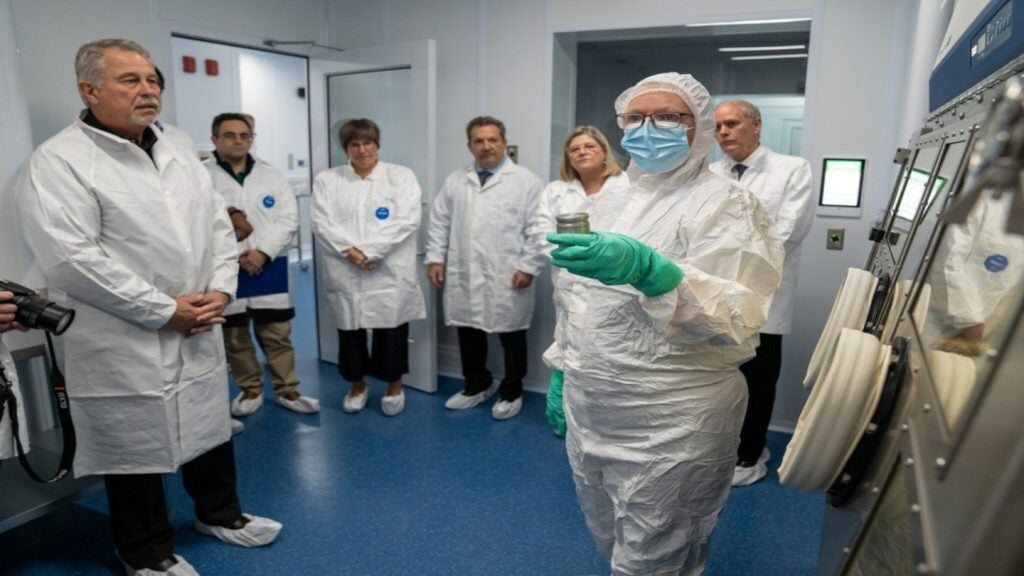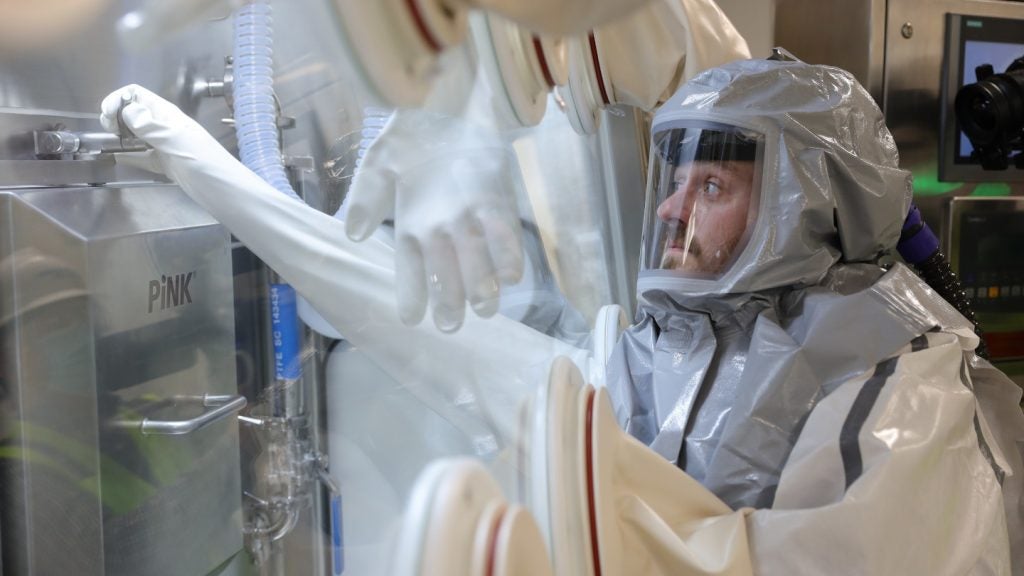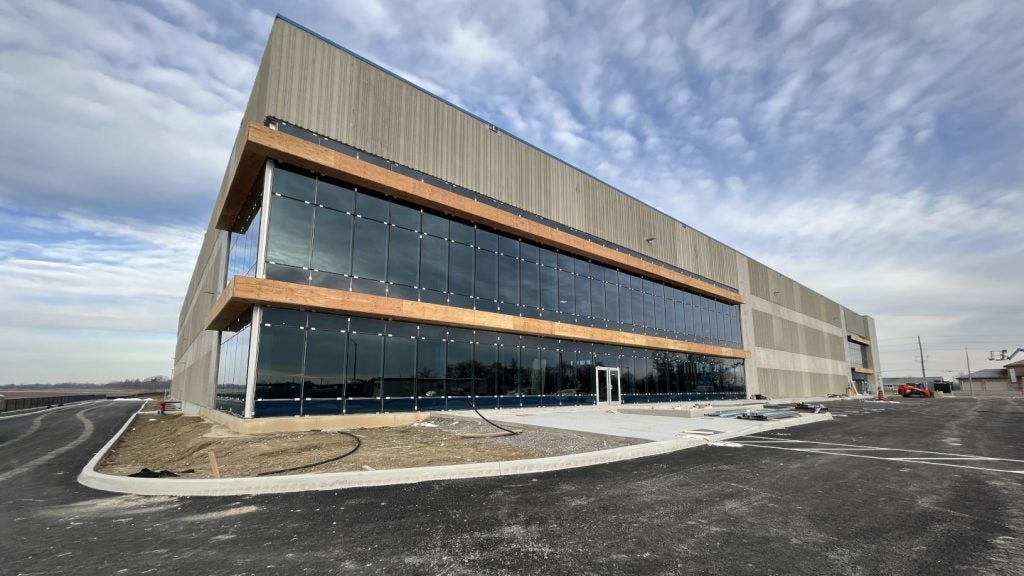UK-based biotechnology company Autolus Therapeutics is building a facility, named The Nucleus, in Stevenage, UK, for the manufacturing of chimeric antigen receptor (CAR) T-cell therapies for cancer treatment.
The facility is intended to provide good manufacturing practice (GMP) capacity for the development and commercial supply of Autolus’ investigational CD19 CAR T-cell therapy, Obecabtagene autoleucel (Obe-cel, AUTO1).
The Cell and Gene Therapy Catapult facility, an existing cell and gene therapy manufacturing facility in Stevenage, is supporting the initial global commercial launch capacity for Obe-cel until the CAR T-cell production facility is opened.
The first construction phase of the facility was completed in record time in December 2022 and the facility is expected to begin GMP operations in the second half of 2023. It is expected to process 2,000 treatments each year and generate 400 job opportunities in Stevenage.
Location
The site will be part of the open innovation campus Stevenage Bioscience Catalyst in Stevenage, which is the third largest cell and gene therapy cluster in the world. The site will support the expansion of the Stevenage Bioscience Catalyst, which accommodates GlaxoSmithKline, the Cell & Gene Therapy Catapult Manufacturing Centre, LifeArc and Cytiva plus more than 40 other startup companies.
The facility will be part of a broader initiative to establish a life sciences district in Stevenage by Reef Group and UBS Asset Management.
Autolus Therapeutics’ CAR T-cell facility development details
Autolus Therapeutics received planning permission from Stevenage Borough Council for the development of the facility in September 2021, while the ground-breaking ceremony for the facility took place in November 2021.
The facility is being developed by Reef Group, which pre-let the site to Autolus under a 20-year lease agreement. Reef Group’s funding partner UBS Asset Management provided forward funding of £66m ($91.2m) for the project. The project has garnered support from key stakeholders, such as the Hertfordshire Local Enterprise Partnership.
Autolus Therapeutics took possession of the first of three clean rooms in its new facility in November 2022, allowing the company to move in and start manufacturing critical therapies quicker.
Autolus Therapeutics’ The Nucleus facility details
The state-of-the-art manufacturing facility is being built on a 7,500m² area with four storeys within a 70,000ft² site in Stevenage. It will be the UK’s first purpose-built CAR T-cell manufacturing unit and Autolus’ manufacturing headquarters in Europe.
The facility is equipped with state-of-the-art cleanrooms designed to maintain strict environmental control to prevent any contamination during the CAR T-cell manufacturing process.
The Nucleus facility design
The facility incorporates the FLEXI POD hybrid solution, an advanced approach for complex high-technology facilities. The approach combines modern construction methods for the building’s structure with an offsite manufactured fit-out, achieved through a Pre-Assembled Module (PAM) and POD strategy. This approach allows for efficient and effective construction and assembly of the facility.
The offsite construction process allowed preassembling of 300 PAMs and 15 UltraPODs, totalling a combined weight of 900t. The preassembled components were then transported to the Stevenage location for installation.
The strategic use of offsite manufacturing significantly reduced the construction timeline, minimised disruption on-site, and ensured that the highest quality standards were met.
Autolus Obe-cel FELIX study
Autolus designed Obe-cel to improve the clinical activity and safety of existing CD19 CAR T-cell therapies. It has a fast target binding off-rate to reduce the overactivation of programmed T-cells and can decrease toxicity and be less susceptible to T-cell depletion, which may improve endurance and the ability of the programmed T-cells to engage in the vigorous killing of target cancer cells.
Autolus and its academic partner, University College London, are currently evaluating Obe-cel in Phase 1 clinical trial in two indications, namely adult acute lymphoblastic leukaemia (ALL) and B-cell non-Hodgkin lymphoma.
Obe-cel has been evaluated in a potential pivotal Phase Ib/II clinical trial, FELIX, for its overall response rate, duration of response, minimal residue disease negative complete response rate, and safety in the treatment of ALL in adults. The study results will form the basis of the company’s biologics license application for Obe-cel to the US Food and Drug Administration that is expected by the end of 2023.
Sustainability features
Autolus is developing the facility with a focus on strong environmental credentials to achieve the Building Research Establishment’s Environmental Assessment Method Excellent rating.
It will feature several carbon-reduction solutions, including heat source pumps and heat recovery systems, to achieve net zero-carbon emissions.
The site’s carbon emissions are expected to be minimal as 75% of the construction work will be performed off-site.
Contractors involved
Merit, a specialist design, engineering and construction company based in the UK, was appointed as the main contractor for the facility.
Merit’s FLEXI POD and PAM standard platform construction processes are being used in the facility’s construction.
The PAM and POD building platforms were fabricated at Merit’s expansive 270,000ft² factory located in Northumberland.

